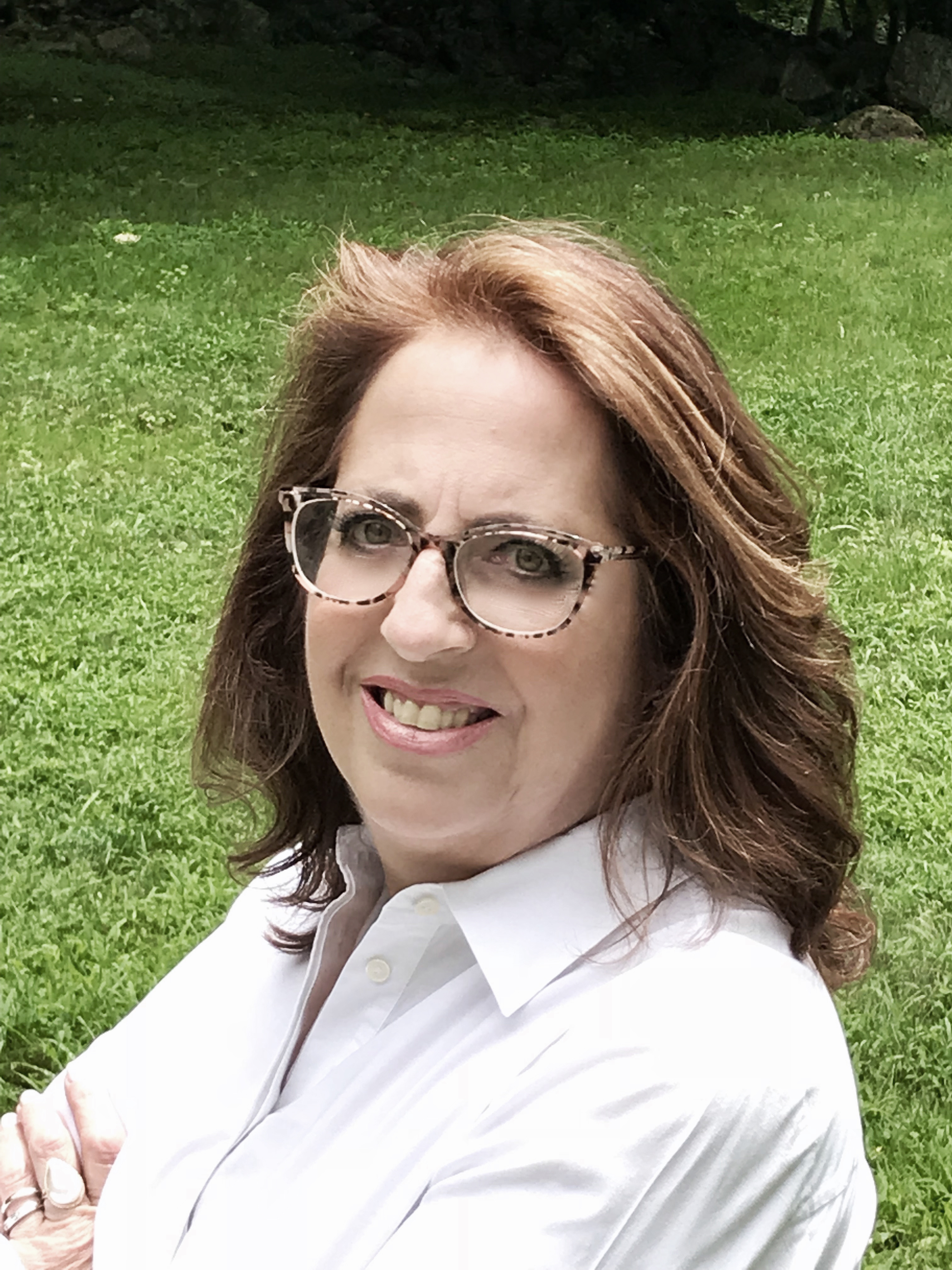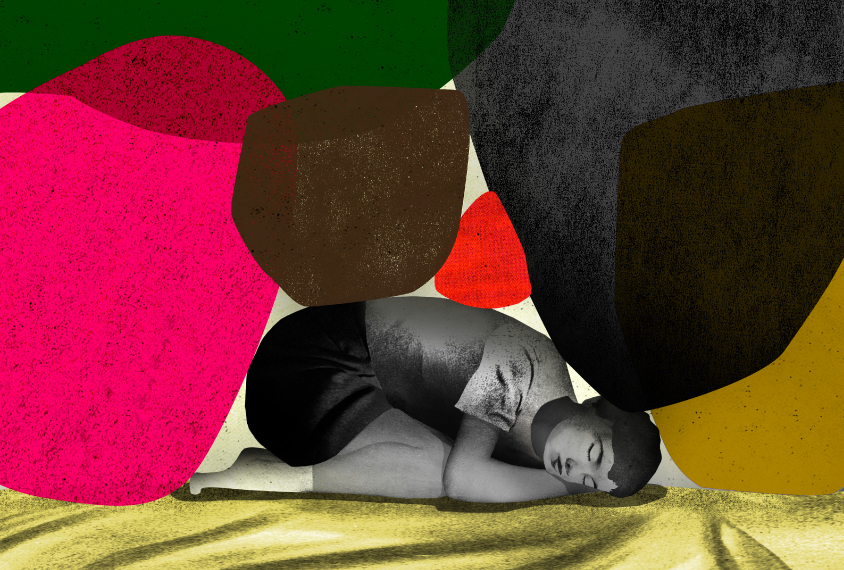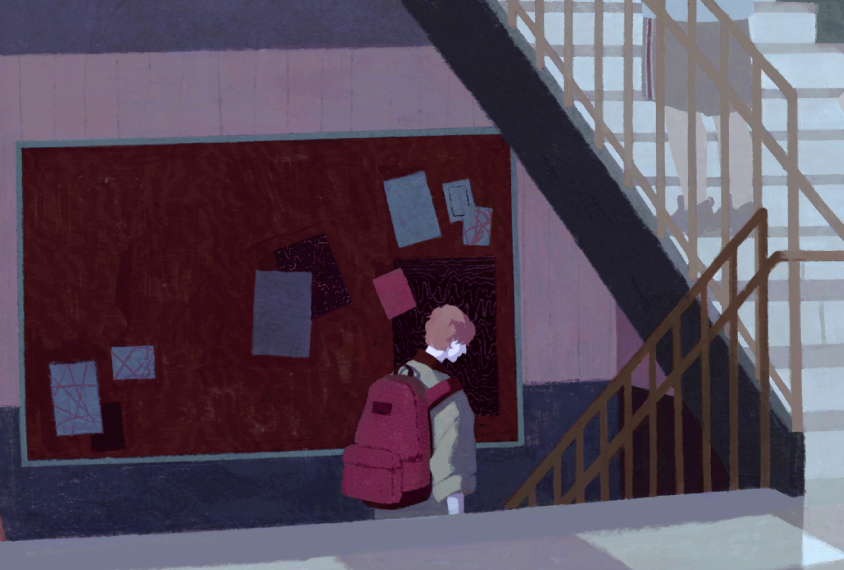Cheryl Platzman Weinstock is an award–winning journalist who reports about health and science research and its impact on society. Her investigative pieces have brought attention to mental health, medical ethics issues and the medical research gender gap. She also writes for the Metro desk of The New York Times.

Cheryl Platzman Weinstock
From this contributor
The deep emotional ties between depression and autism
Autistic people are four times as likely to experience depression over the course of their lives as their neurotypical peers. Yet researchers know little about why, or how best to help.

The deep emotional ties between depression and autism
The hidden danger of suicide in autism
Many people with autism entertain thoughts of suicide and yet show few obvious signs of their distress. Some scientists are identifying risks — and solutions — unique to autistic individuals.

The hidden danger of suicide in autism
Explore more from The Transmitter
Dendrites help neuroscientists see the forest for the trees
Dendritic arbors provide just the right scale to study how individual neurons reciprocally interact with their broader circuitry—and are our best bet to bridge cellular and systems neuroscience.

Dendrites help neuroscientists see the forest for the trees
Dendritic arbors provide just the right scale to study how individual neurons reciprocally interact with their broader circuitry—and are our best bet to bridge cellular and systems neuroscience.
Two primate centers drop ‘primate’ from their name
The Washington and Tulane National Biomedical Research Centers—formerly called National Primate Research Centers—say they made the change to better reflect the breadth of research performed at the centers.

Two primate centers drop ‘primate’ from their name
The Washington and Tulane National Biomedical Research Centers—formerly called National Primate Research Centers—say they made the change to better reflect the breadth of research performed at the centers.
Post-infection immune conflict alters fetal development in some male mice
The immune conflict between dam and fetus could help explain sex differences in neurodevelopmental conditions.

Post-infection immune conflict alters fetal development in some male mice
The immune conflict between dam and fetus could help explain sex differences in neurodevelopmental conditions.